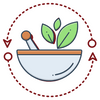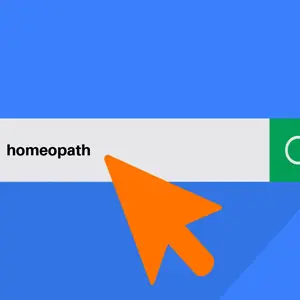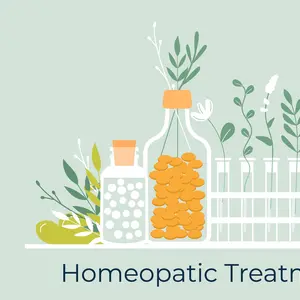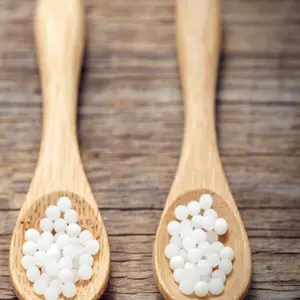

Complementary and Alternative Medicine (CAM)

Complementary and Alternative Medicine (CAM)
The Homeopathic Treatment of Asthma: A Breath of Fresh Air
Asthma is a serious and increasingly common disease. There are approximately 25 million people with asthma in the U.S., and researchers think the yearly cost of asthma in the United States is $56 billion.
Sir William Osler, considered the Father of Modern Medicine, was known to say, “Asthmatics don’t die, they just ‘pant into old age.'” However, research on the homeopathic treatment of asthma published in The Lancet suggests that relief is in sight for asthma sufferers.
Research conducted by professors at the University of Glasgow, Europe’s largest medical school, indicates that those patients given an exceedingly small homeopathic doses of whatever substance to which they are most allergic can provide significant relief within the first week of treatment. The authors called this unique method of individualizing medicines “homeopathic immunotherapy.”
This double-blind, placebo-controlled trial showed that over 80% patients given a homeopathic remedy improved, while only 38% of patients given a placebo experienced a similar degree of relief. The patients were assessed by a homeopathic physician and a conventional physician. When the patients and doctors were asked if they felt the patient received the homeopathic medicine or the placebo, both the patients and the doctors tended to guess correctly.
The experiment was relatively small, with only 24 patients. In order for statistically significant results, such experiments must have a very large difference between those treated with a medicine and those given a placebo. Such was the case in this study.
The researchers utilized conventional allergy testing to determine to what substances the asthmatic patients were most allergic, and then gave a 30th potency of this substance to half of the subjects (neither the experimenters nor the subjects knew who was given the medicine and who was given a placebo). The 30th potency refers to the number of times the medicine was diluted 1:10 with distilled water, with vigorous shaking in between each dilution.
This dose is so small that homeopaths and modern scientists acknowledge that there should be few remaining molecules of the original allergen. Homeopaths theorize that the unique pharmacological process of serial dilution with vigorous shaking in between each dilution may create an even more potent medicine. New concepts in physics, especially relating to chaos theory and fractals, suggest that homeopathic medicine is best understood through these cutting edge concepts of science.
Long History of Success
The authors of this study had previously conducted two other experiments using homeopathic medicine in the treatment of another allergic condition, hayfever. One of these studies was also published in The Lancet.
Along with their recent asthma study, the authors performed a meta-analysis, reviewing all of the data from the three studies which totaled 202 subjects. The researchers found a similar pattern in the three studies. Improvement begins within the first week and continues through to the end of the trial four weeks later (research has not yet investigated longer time frames).
The results of this meta-analysis were so stunning that the authors concluded that either homeopathic medicines work or controlled clinical trials do not. Because modern science bases itself on controlled clinical trials, it is more likely that homeopathic medicines are effective.
Homeopaths have a long history of successful allergy treatment, and they have made some important contributions to present understanding of allergies. In fact, it was a British homeopath C.H. Blackely who in 1871 first noted that seasonal sneezing and nasal discharge were the result of exposure to pollen. An American homeopath, Dr. Grant L. Selfridge, was one of three physicians to start the organization which became the present American Academy of Allergy.
Homeopathy has previously been considered an unproven medical treatment. However, Dutch researchers, none of whom were homeopaths, published a review of 107 studies in the British Medical Journal, 81 of which showed that the medicines worked. While most of the experiments had one or more flaws, 22 studies were considered of a high caliber, and 15 of them showed efficacy of the homeopathic medicines.
The researchers concluded, “The amount of positive evidence came as a surprise to us. The evidence presented in this review would probably be sufficient for establishing homeopathy as a regular treatment for certain indications.”
Although homeopathic medicine is little known in the U.S., it is very popular throughout the world, especially Europe. Approximately 40% of French physicians and 20% of German physicians prescribe homeopathic medicines. Over 40% of British physicians refer patients to homeopaths, and almost 50% of Dutch physicians consider these natural medicines to be effective.
This article is reprinted with permission from the author, Dana Ullman, MPH, CCH and first appeared on https://homeopathic.com.


 By
By






